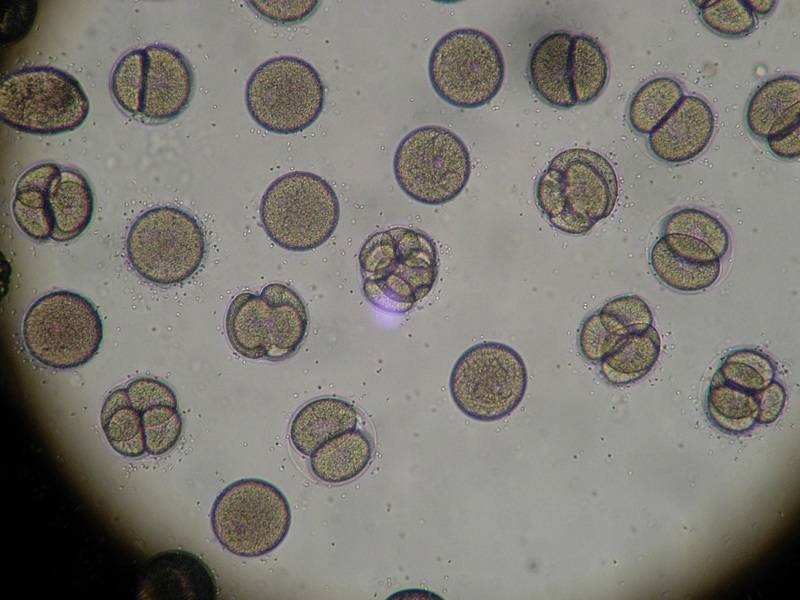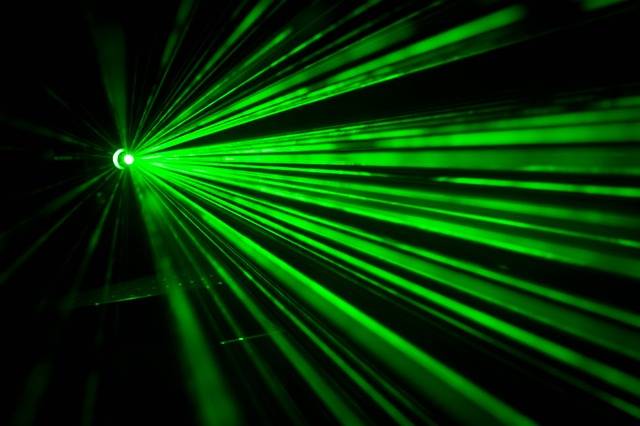We all had one of those point-and-click lasers as a kid. But funnily enough, that’s generally the extent of knowledge your average person has about the capabilities of lasers. They know that a laser can be more powerful, of course, but have limited understanding of their potential.
The truth is that there have been numerous advances in laser technology that allow them to be used in a variety of ways. Because of this, there are dozens of fields that rely on laser technology. Today, we’re going to look at five scientific areas where laser technology is indispensable.
The Medical Field
One of the primary fields that laser technology has had a severe impact on is the medical profession. First of all, laser technology is prominent in developing medicines and treatments for common illnesses. Many biologists use laser-powered microscopes to isolate particular microscopic organisms, helping them find the specific bacteria and viruses that cause illnesses. This has and will continue to allow us to create cutting-edge treatments to combat rampant diseases. Additionally, laser treatment is a prominent form of therapy used to prevent the spreading of cancer. Surgeons use high-beam lasers to destroy cancer cells. Lasers are most commonly used to treat tumours on the skin and lining on the organs.

Next, laser technology is often used for surgery. Specifically, laser technology is commonly used in non-invasive procedures in the following fields:
- Oral surgery
- Cosmetic surgery
- Tissue surgery
- Eye surgery
Finally, lasers will continue to be used in medical screening. Screening methods such as an MRI use lasers to determine whether or not your body has been injured.
Military And Defense
Another prominent field that has taken advantage of lasers is military and defense. Laser technology is especially critical in the military because laser light can act with force and precision. The first valuable application of laser technology in the military is via firearms. Specifically, laser sights are often projected onto military targets. This allows military personnel to be more precise and accurate when they shoot a gun. Laser beams are also highly beneficial to the military in terms of training. Lasers are often used to replicate the precise conditions that will be seen on the battlefield, allowing soldiers to get acclimated with what they will experience during battle.
Additionally, laser beams can be used by the military as a method of defense. Specifically, countermeasure systems are particularly useful in locating and confusing the weapon systems of enemy forces. Finally, laser designators are another highly valuable application of laser technology in the military. As their name suggests, laser designators are meant to designate specific targets to high-powered weapons. For instance, a laser designator would precisely mark a target for a weapon such as a missile or a bomb.
Weather
There are a couple of laser technology applications associated with weather. First of all, meteorologists use high-powered lasers to detect changes in the weather. These lasers possess sensors, which allow for the detection of even the slightest change in weather. This means lasers can be used to track the development of rainstorms, hurricanes, snow, heat, and more. In the future, laser technology promises to possess the ability to alter the weather significantly. Scientists are looking into using high-energy laser beams to generate changes in the atmosphere. Doing so would allow scientists to control many facets of the weather, including precipitation, lightning, heat, and other forms of climate change.
Manufacturing

Manufacturing is one of the most prominent fields throughout the world. Over the past several decades, modern advancements in manufacturing processes mean that lasers have a more significant role than ever in manufacturing. First and foremost, laser light is increasingly being used in welding to create precision cuts. In fact, a new industry known as laser beam welding has arisen due to the increase of laser usage within manufacturing. Another prominent use of laser technology is in machining. Mainly, lasers are used within CNC machining to produce high-quality manufacturing goods.
Chemistry and Physics
Finally, laser technology has a bevvy of applications within the fields of chemistry and physics. First of all, lasers are highly valuable in the speciality of reaction kinetics. The area of reaction kinetics is highly useful because it helps facilitate our understanding of chemical reaction rates. High powered laser beams can be used to specifically pinpoint the speed and frequency with which reactions occur.

Next, lasers are highly applicable in spectroscopy. Spectroscopy seeks to examine the properties of light and electromagnetic radiation. In spectroscopy, high-precision lasers are directed towards a spectrum, attempting to analyze both the amount of light and the wavelength emitted following the experiment. Finally, laser beams can be used to catalyze chemical reactions. To catalyze a reaction, laser beams must project light onto a response for a split second. From there, the chemical reactions are quickly performed. This process is particularly useful in determining the function and folding of proteins.
Hopefully, this article has offered you some valuable insight into the various fields that use laser technology.

